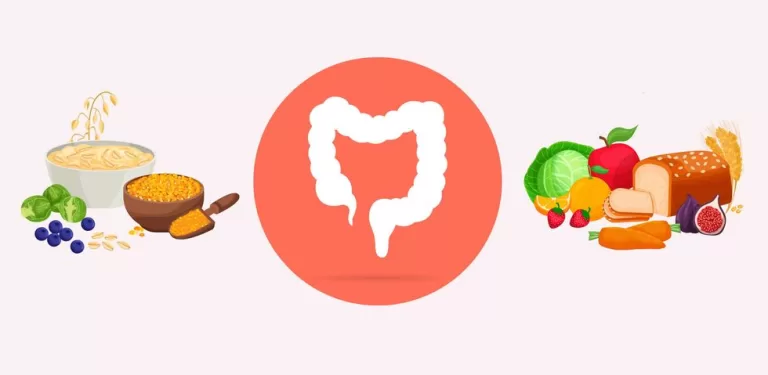[[{“value”:”
Fiber is an important ingredient in any healthy diet. And it’s especially important for lowering your risk for colorectal cancer.
Colorectal cancer fast facts
Colorectal cancer is the 4th leading cause of death among women in the United States.
American Cancer Society estimates for 2024:
New colon cancer cases in women = 52,380
New rectal cancer cases in women = 18,890
What is fiber?
Fiber (aka roughage) = parts of food that your body doesn’t digest or absorb.
When it passes through your body, it helps lower cholesterol, helps control sugar levels and makes bowel movements regular.
There are 2 types of dietary fiber:
Soluble fiber
Dissolves in water
Helps lower cholesterol and blood sugar
Found in oats, peas, beans, carrots, apples and citrus fruits
Insoluble fiber
Helps keep your digestive system moving and reduces constipation
Found in whole wheat flour, nuts, beans and vegetables
How does fiber reduce colon cancer risk?
Improves bowel and colon health
Helps food move through the digestive system
Supports gut health and can reduce harmful inflammation
Helps move harmful chemicals out of your body sooner
Combines with gut bacteria to maintain bowel cell health
How much fiber do women need?
The USDA Dietary Guidelines for Americans suggest a daily intake of:
28 grams for women 19–30
25 grams for women 31–50
21 grams for women 51+
High-fiber foods
Fruits
Avocados
Berries
Pears
Apples
Bananas
Vegetables and Legumes
Lentils/beans
Peas
Broccoli
Brussels sprouts
Sweet potatoes
Nuts and Grains
Almonds
Quinoa
Barley
Brown rice
Whole-grain bread
A few ways you can get your recommended fiber
Get fiber into your breakfast
1 cup of instant oatmeal = 4 grams
1 cup of raspberries = 8 grams
1 ounce of chia seeds = 10 grams
1 banana = 3 grams
Use whole grains as a base for your lunch
1 cup of brown rice = 3.5 grams
1 cup of black beans = 15 grams
1 cup of sweet corn = 4 grams
2 medium carrots = 3 grams
Add legumes and non-starchy vegetables to dinner
1 cup of lentils = 15.5 grams
1 cup of green peas = 9 grams
1 cup of cauliflower = 2 grams
Choose high-fiber snacks
1/2 cup of sunflower seeds = 6 grams
1 pear = 5.5 grams
1 medium apple = 4.5 grams
3 cups of popcorn = 3.5 grams
1 ounce of almonds = 3.5 grams
1 ounce of pistachios = 3 grams
This educational resource was created with support from Merck.
“}]]



